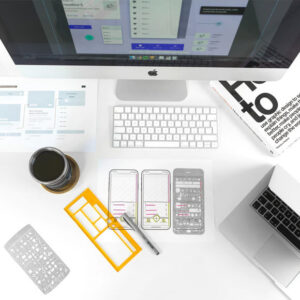We all love reading about social media gaffes and blunders, but the last thing you want is your brand to be involved in one. Here are the 5 essential lessons to remember to help your brand steer clear of being included in this kind of list:
- Remember that you may be targeting specific people, but your audience is global. Your target audience may have particular needs and interests, but the whole world sees your social media content. Be wary of posting anything too niche that may bewilder or upset a wider audience, particularly where culture or the particular customs of a country are concerned.
- Always, always get a second pair of eyes on your posts. What you may see as a light-hearted joke may in fact be perceived as offensive to some, or it may say something about the brand you didn’t intend it to. It is always worth having someone else look over your tweets or posts before you send them live, just in case you’ve made a terrible mistake and haven’t realised.
- Only jump on a trending hashtag if it is relevant. If you try to link your marketing efforts to something irrelevant to your brand in order to take advantage of trending topics on social media platforms, it could backfire. This example of a mattress company in the U.S. who made a video ad for a mattress sale relating to the 15th anniversary of the 9/11 terror attacks illustrates this point and led to the shutdown of the store.
- Court controversy with extreme care. Some brands are deliberately controversial in their digital marketing efforts in order to attract attention and start lively debates. They are provoking people to engage and interact with them. Some of this works successfully, where a brand poses a controversial question and invites discussion, while others post potentially offensive content and are publicly lambasted for it. The latter option may get your brand lots of attention, but not for the right reasons.
- Limit staff access to the company social media account. Some members of your team will need to be able to tweet on the company account using their own devices while out and about, but you should keep a careful eye on who has access and when. It is incredibly easy for an employee to post a personal opinion using the company account rather than their own, particularly when alcohol is involved somehow. At best, you will have to issue a quick apology, while at worst you could cause a scandal and damage to your brand image.
Has your brand been unlucky enough to have blundered on social media? How bad was the damage? Please feel free to share your story (you can leave the brand name out) and crucially – tell us what damage control measures you took to contain the situation and make the controversy die down.








